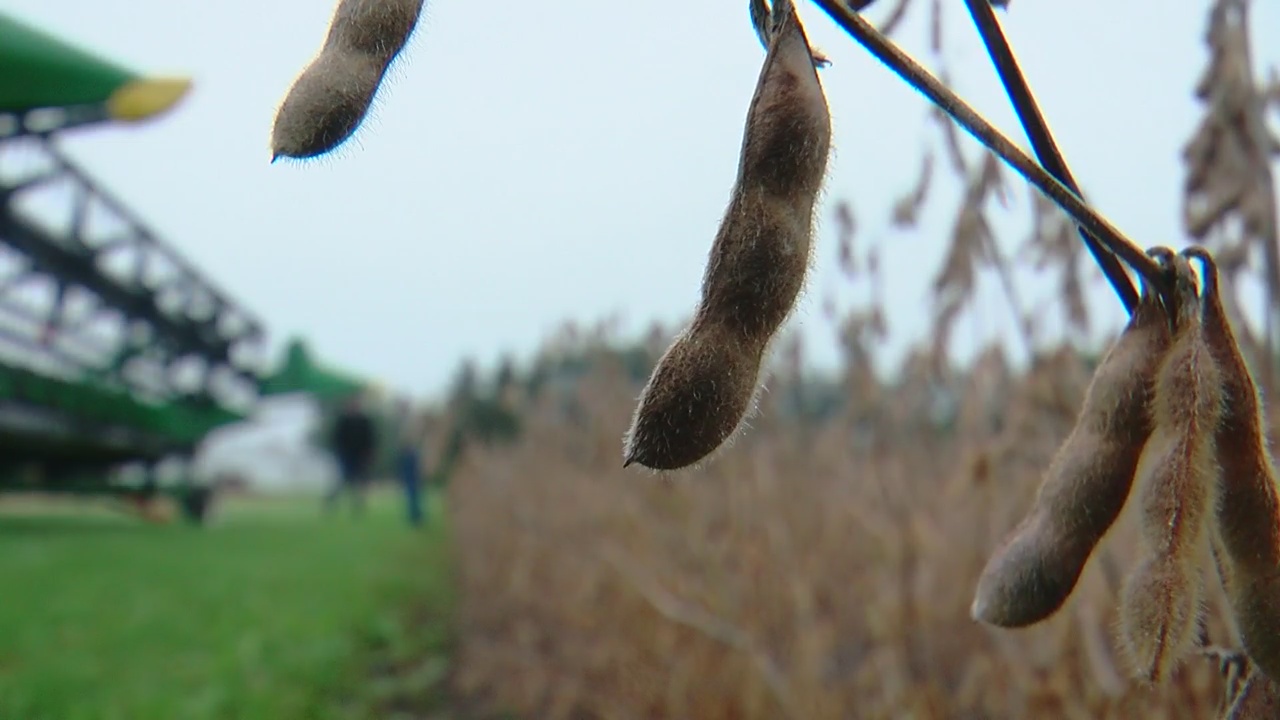Dissertation Writing Tips for First-Time Researchers
Learn the best dissertation writing tips for first-time researchers. Get expert guidance on research, structure, editing, and time management.

Writing a dissertation is a significant milestone for any academic. If you're a first-time researcher, the process might seem overwhelming. However, with the right approach and proper guidance, you can successfully complete your dissertation. This comprehensive guide will provide the best dissertation writing tips to help you navigate through this challenging academic task.
Understanding the Basics of Dissertation Writing
What is a Dissertation?
A dissertation is a lengthy and detailed research document that presents original findings based on thorough investigation. It is typically required for higher education degrees and demonstrates your ability to conduct independent research.
Importance of Dissertation Writing
A well-written dissertation showcases your academic skills, analytical thinking, and expertise in a subject. It is essential for advancing your career and gaining recognition in your field.
Choosing the Best Research Topic
How to Select a Dissertation Topic?
Selecting a topic is the first and one of the most crucial steps in dissertation writing. Choose a topic that aligns with your interests and contributes to your academic field.
Tips for Choosing the Right Topic
-
Ensure it is relevant and researchable.
-
Consult dissertation experts and professionals for guidance.
-
Look for gaps in existing research.
-
Consider the availability of resources and data.
Structuring Your Dissertation
Essential Components of a Dissertation
A well-structured dissertation includes the following components:
-
Title Page – Includes the title, author name, and institution.
-
Abstract – A summary of your research.
-
Introduction – Provides background information and research objectives.
-
Literature Review – Discusses previous studies and theoretical framework.
-
Methodology – Explains research methods and data collection.
-
Results – Presents research findings.
-
Discussion – Analyzes and interprets results.
-
Conclusion – Summarizes key points and suggests future research.
-
References – Lists all cited sources.
Effective Research and Data Collection Methods
Conducting In-Depth Research
To produce a high-quality dissertation, thorough research is necessary. Utilize academic journals, books, and credible online sources to gather relevant data.
Primary vs. Secondary Data
-
Primary Data: Collected directly through surveys, interviews, or experiments.
-
Secondary Data: Derived from existing research, reports, and academic sources.
Writing a Strong Literature Review
Purpose of a Literature Review
The literature review demonstrates your understanding of the existing body of knowledge related to your topic. It identifies research gaps and provides context for your study.
Steps to Writing an Effective Literature Review
-
Search for relevant literature from top academic sources.
-
Analyze and summarize key findings.
-
Identify research gaps and areas for further exploration.
-
Ensure proper citation to avoid plagiarism.
Crafting a Solid Methodology Section
Key Elements of Research Methodology
The methodology section should clearly define how you conducted your research. It includes:
-
Research design (qualitative, quantitative, or mixed-methods).
-
Data collection techniques (surveys, interviews, experiments).
-
Data analysis methods (statistical tools, thematic analysis).
Seeking Expert Guidance
If you are unsure about the methodology, consider seeking professional dissertation writing help to refine your research approach. Need help with Chemistry Dissertation help? Get professional assistance with us today!
Writing and Formatting Your Dissertation
Developing a Clear Writing Style
-
Use clear and concise language.
-
Follow academic writing conventions.
-
Avoid jargon and complex terminologies unless necessary.
Formatting Guidelines
-
Use a consistent citation style (APA, MLA, Harvard, or Chicago).
-
Follow institutional formatting requirements.
-
Maintain logical flow between sections.
Editing and Proofreading Techniques
Importance of Editing
Editing ensures clarity, coherence, and consistency in your dissertation. It helps to refine arguments and remove errors.
Steps for Effective Proofreading
-
Take a break before reviewing your work.
-
Use professional editing services if needed.
-
Check for grammar, spelling, and punctuation errors.
-
Verify citations and references.
Overcoming Common Dissertation Challenges
Managing Time Effectively
Time management is crucial for dissertation success. Create a timeline with deadlines for each chapter to stay on track.
Dealing with Writer’s Block
-
Break your work into manageable sections.
-
Take short breaks to refresh your mind.
-
Seek help from dissertation professionals for guidance.
Seeking Dissertation Help and Services
When to Seek Professional Assistance?
If you are struggling with any part of your dissertation, consulting dissertation experts can be beneficial. Professional services provide guidance on research, writing, and editing.
Benefits of Using Dissertation Writing Services
-
Access to experienced dissertation writers.
-
High-quality research and analysis.
-
Proper formatting and citation assistance.
-
Time-saving and stress reduction.
Conclusion
Writing a dissertation as a first-time researcher can be challenging, but with the right approach, you can achieve success. By following these dissertation writing tips, managing your time effectively, and seeking expert guidance when needed, you can produce a high-quality dissertation. Remember to conduct thorough research, structure your work properly, and edit meticulously to enhance the quality of your dissertation. Whether you opt for professional dissertation help or work independently, staying organized and dedicated will lead to academic success.
What's Your Reaction?

















